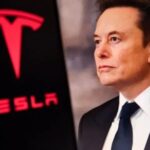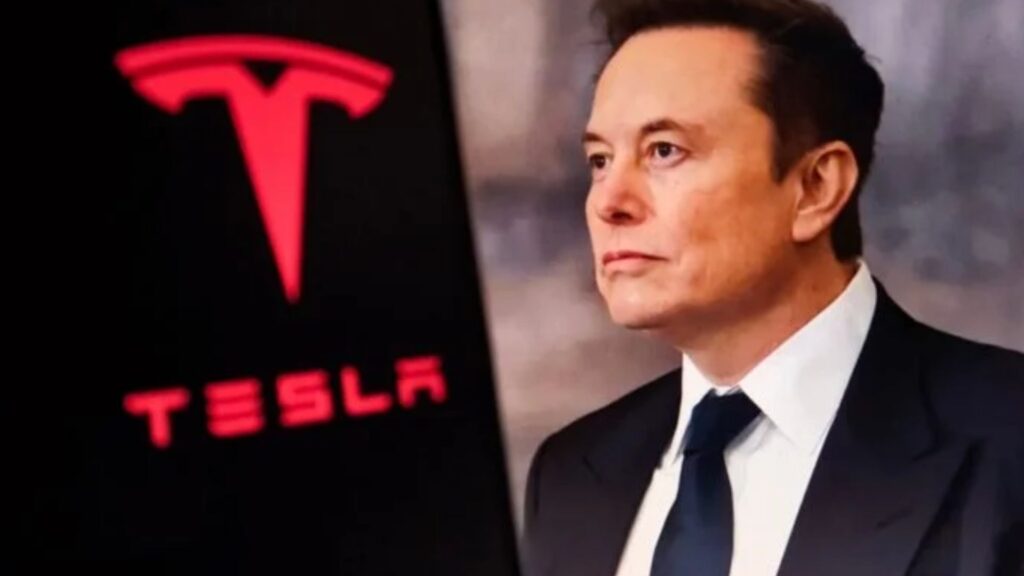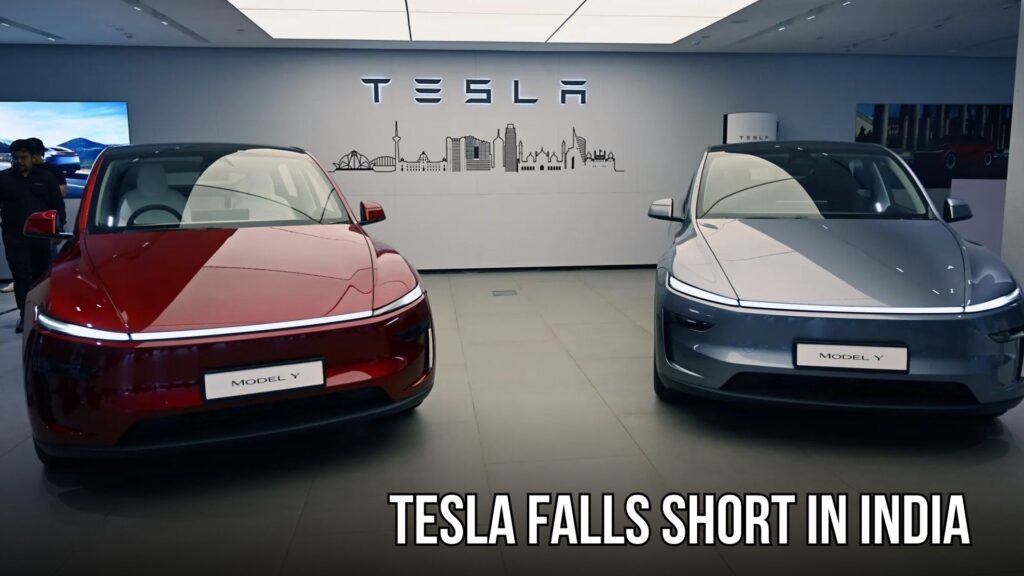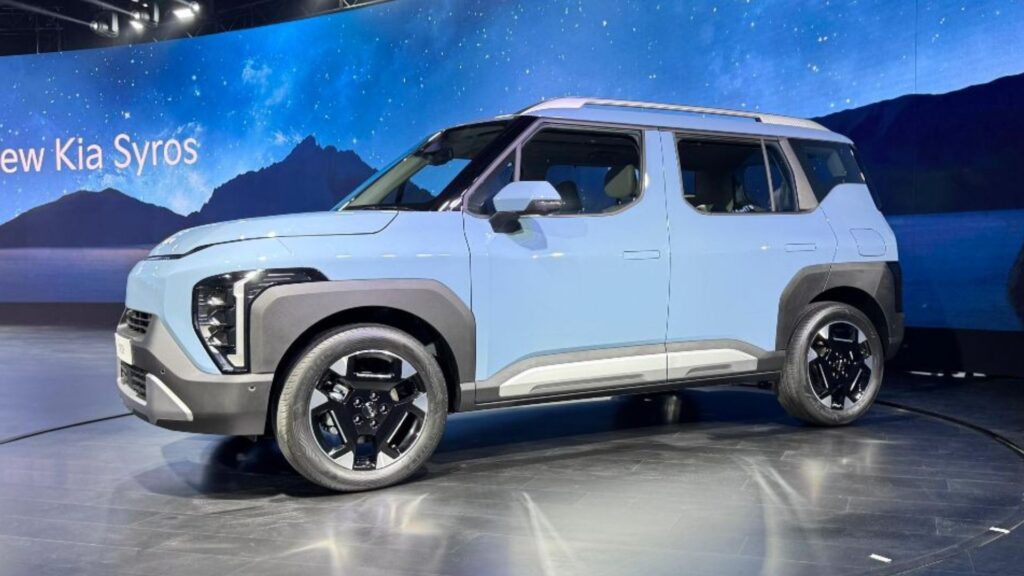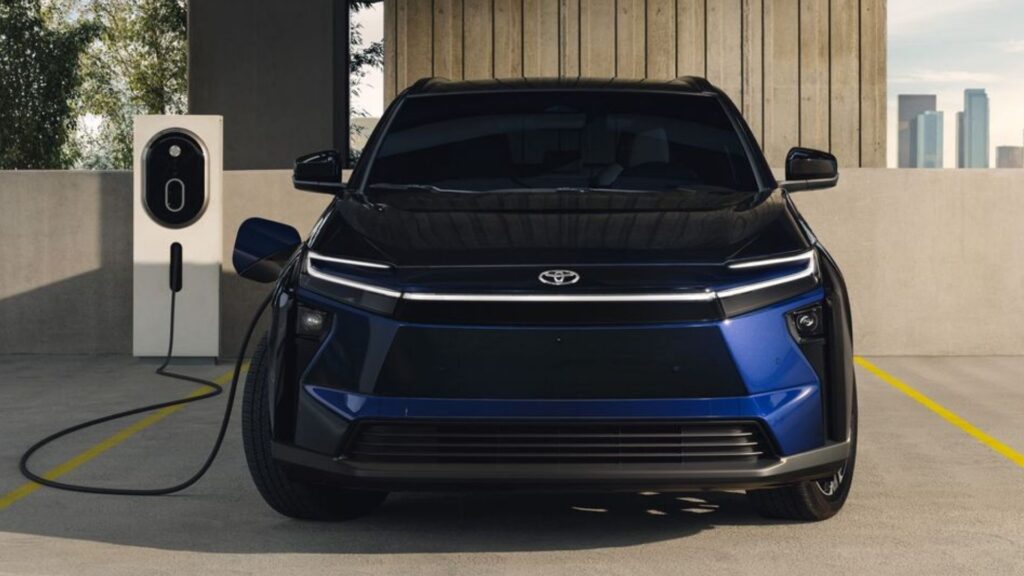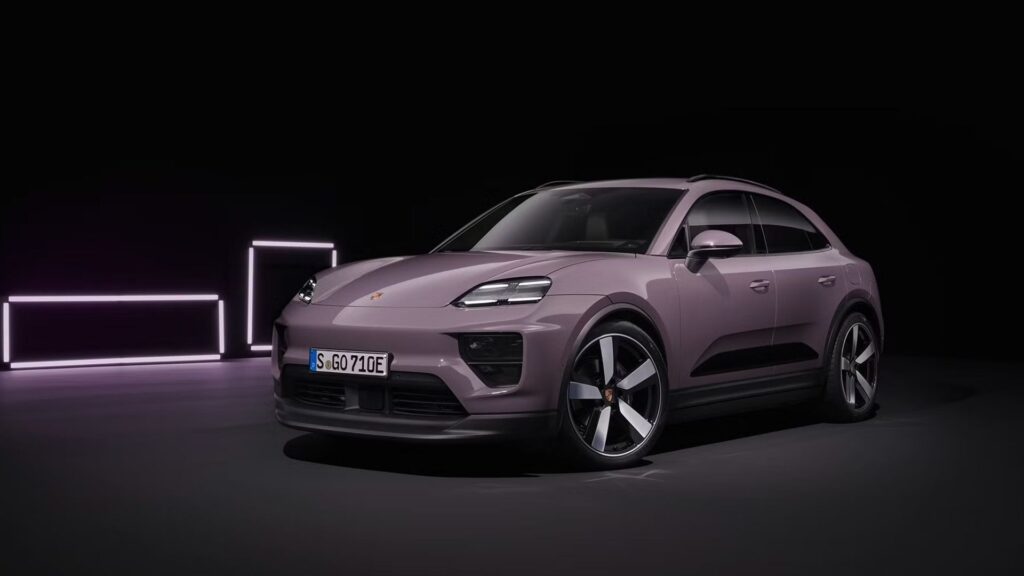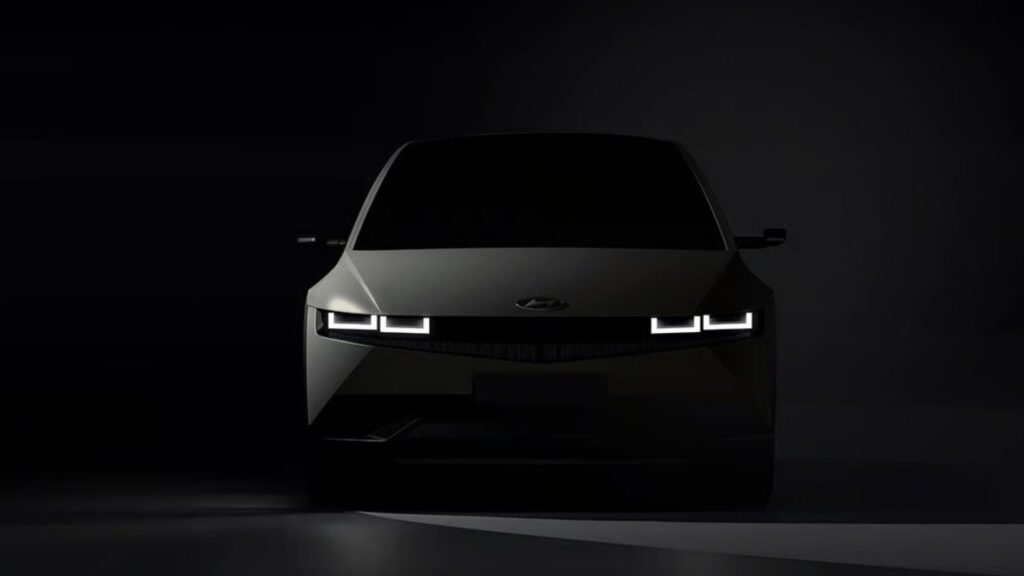European car sales witnessed a notable rebound in July, marking the strongest performance in more than a year. According to data released by the European Automobile Manufacturers Association (ACEA), sales rose 5.9% year-on-year across the European Union, the United Kingdom, and the European Free Trade Association (EFTA). The surge was driven by a rise in plug-in hybrid and battery-electric vehicle (BEV) registrations, highlighting the ongoing transition toward electrified mobility. However, Tesla’s continued decline in the region stood out, with Chinese carmaker BYD surpassing it in market share for the first time.
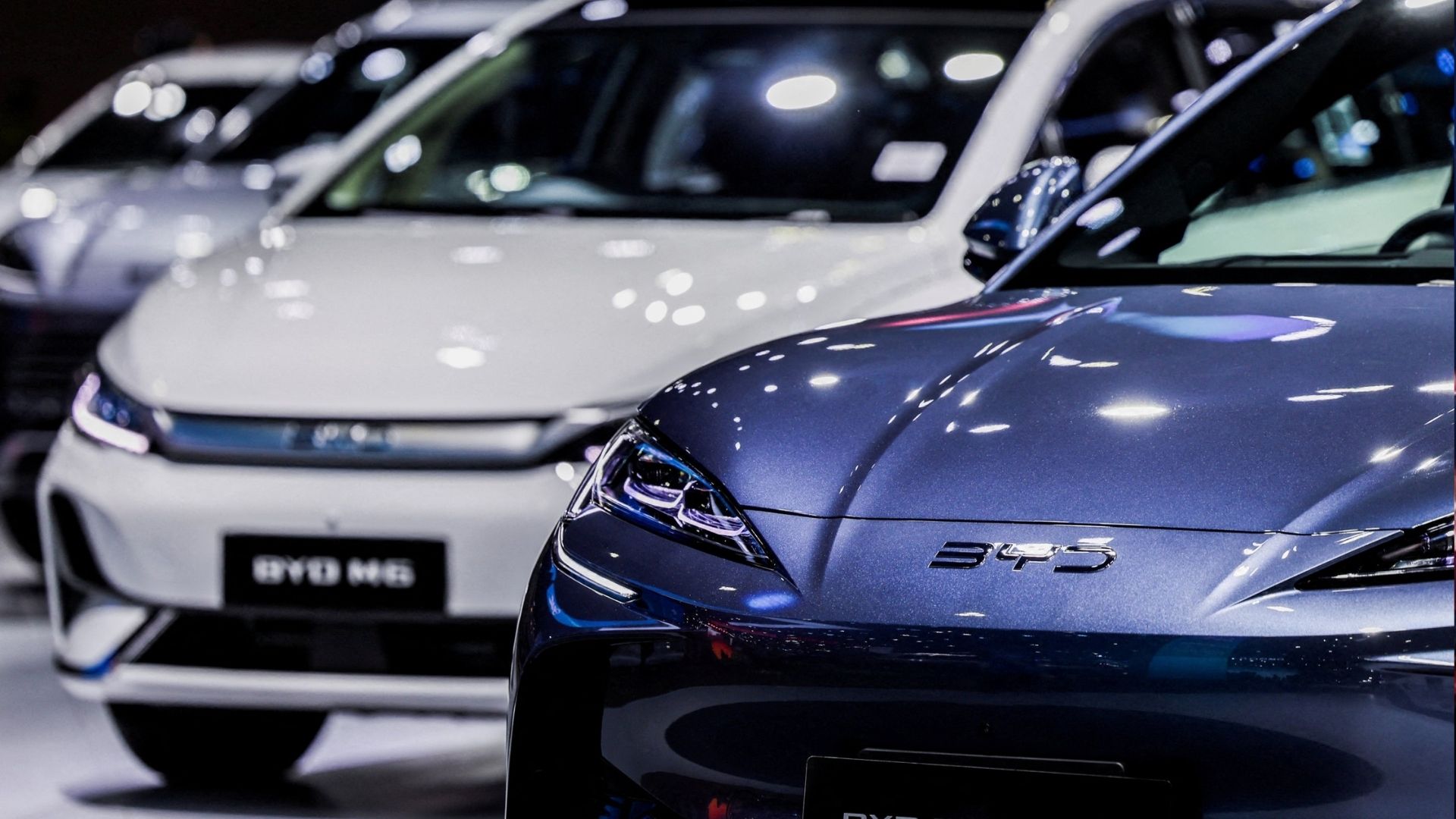
Growth in Car Sales Across Europe

The ACEA data shows that car sales in Europe reached 1.09 million units in July, recording the best monthly performance in over a year. Within the EU alone, sales increased 7.4%, underscoring a renewed demand for vehicles despite ongoing economic challenges and weak consumer confidence.
Some of the strongest growth was seen in electrified vehicles. Battery-electric, hybrid-electric, and plug-in hybrid cars collectively accounted for 59.8% of all EU registrations in July, a sharp increase from 51.1% in July 2024. This indicates that more than half of all cars sold in Europe are now electrified in some form.
Summary Table
Key Data |
Details |
|---|---|
Total Sales (EU, UK, EFTA) |
1.09 million cars in July 2025 |
EU Sales Growth |
+7.4% year-on-year |
BEV Sales Growth |
+39.1% |
Hybrid Sales Growth |
+56.9% |
Plug-in Hybrid Sales Growth |
+14.3% |
Electrified Vehicle Share |
59.8% of EU registrations |
Tesla Sales Drop |
-40.2% (market share down to 0.8%) |
BYD Sales Growth |
+225.3% (market share 1.2%) |
Volkswagen Growth |
+11.6% |
Renault Growth |
+8.8% |
Stellantis Decline |
-1.1% |
Germany Sales |
+11.1% |
France Sales |
-7.7% |
UK Sales |
-5% |
Italy Sales |
-5.1% |
Spain Sales |
+17.1% |
Poland Sales |
+16.5% |
Austria Sales |
+31.6% |
Official Source: ACEA – European Automobile Manufacturers Association
Plug-in Hybrids and EVs Lead the Charge
Plug-in hybrids recorded their largest monthly jump since January 2023, when ACEA began tracking the data. Battery-electric vehicle (BEV) sales also saw their biggest increase since August 2023. This surge has been partly attributed to new incentive schemes, most notably in Germany.
Germany introduced a new EV incentive plan in June to replace its discontinued 2023 subsidy program. The impact was immediate, with BEV sales soaring by 58% and plug-in hybrid sales rising by a massive 83.6% in July. Other countries including Spain, Poland, and Austria also posted significant increases in car registrations.
BYD Surpasses Tesla in Europe
Despite rising EV adoption, Tesla struggled in the European market. The American EV maker’s sales fell 40.2% in July, reducing its market share to just 0.8%, down from 1.4% a year earlier. This marks the seventh consecutive month of market share decline for Tesla in Europe.
In contrast, BYD, which was included in ACEA’s monthly sales data for the first time, recorded remarkable growth. Its sales surged by 225.3%, giving it a market share of 1.2%, thereby overtaking Tesla. The shift highlights the growing competition posed by Chinese automakers in Europe’s EV sector.
Performance of Major Automakers
Among traditional automakers, Volkswagen and Renault posted healthy gains in July. Volkswagen registrations rose 11.6%, while Renault saw an 8.8% increase. Stellantis, however, experienced a decline of 1.1% year-on-year.
Geographically, sales in Germany rose by 11.1%, making it one of the stronger-performing markets in Europe. Meanwhile, other large markets including the United Kingdom, France, and Italy saw declines of 5%, 7.7%, and 5.1%, respectively. Spain, Poland, and Austria posted notable gains of 17.1%, 16.5%, and 31.6%, respectively.
Challenges for Europe’s Car Industry
Despite July’s rebound, Europe’s auto industry continues to face significant challenges. These include competition from Chinese automakers, regulatory pressures around EV adoption, and the impact of U.S. import tariffs.
Adding to the concern, ACEA CEO Ola Kaellenius and other industry leaders co-signed a letter addressed to European Commission President Ursula von der Leyen. The letter stated that the EU’s ambitious targets to cut CO2 emissions including a complete 100% reduction for cars by 2035 are increasingly seen as unrealistic under current conditions. Automakers argue that policy adjustments are needed to ensure that the transition to zero-emission vehicles remains viable without damaging the industry’s competitiveness.
Frequently Asked Questions (FAQs)
1. How much did car sales rise in Europe in July?
A. Car sales across the EU, UK, and EFTA rose by 5.9% year-on-year to 1.09 million vehicles in July.
2. Which countries recorded the strongest growth in sales?
A. Austria (+31.6%), Spain (+17.1%), and Poland (+16.5%) recorded the highest growth, while Germany saw an 11.1% increase. France, Italy, and the UK experienced declines.
3. Why did Tesla lose market share in Europe?
A. Tesla’s sales dropped 40.2% in July due to intensifying competition from Chinese automakers, particularly BYD, and challenges adapting to the evolving European EV market.
4. What role did BYD play in July’s sales data?
A. BYD was included in ACEA’s monthly sales data for the first time and recorded a 225.3% increase in sales, overtaking Tesla with a 1.2% market share.
5. How did government incentives affect EV sales?
A. Germany’s new EV incentive plan led to an 83.6% rise in plug-in hybrid sales and a 58% increase in BEV sales in July, demonstrating the strong influence of government policies on consumer demand.
For More Information Click HERE
